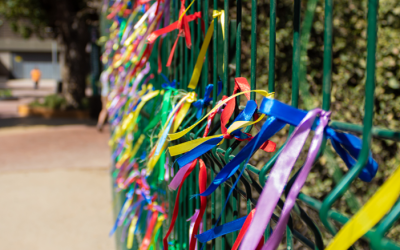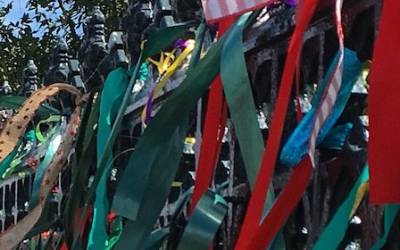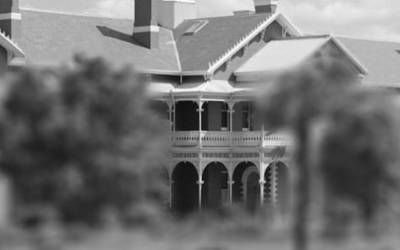Call 1800 641 743 for a free first interview. Ask about our No Win No Fee OR Expenses* fee policy.
Published: 22 October 2018
Author:
RCT Abuse Law team
Apology needs to be backed by action
Today thousands of survivors of childhood abuse and their supporters watched on as Australia’s Prime Minister, Scott Morrison, apologised on behalf of the government for decades of sexual abuse perpetrated against children by those who were charged with their care in institutions.
The National Apology took place at Parliament House in Canberra and was live-streamed to co-ordinated viewings in each State. However, many survivors travelled hundreds or thousands of kilometres interstate to attend in person at Parliament House. Victoria held four viewing events in Melbourne, Ballarat, Geelong and Traralgon for survivors and supporters to attend and view the footage live, with support services available on hand for those who found the momentous day overwhelming. Representatives from Ryan Carlisle Thomas attended many of the venues across Victoria to offer our support to survivors of abuse.
The National Apology was one of the recommendations by the Royal Commission into Institutional Responses to Child Sexual Abuse and followed months of consultation with survivors to ascertain what they hoped to hear from the apology.
During this morning’s apology, both Prime Minister Scott Morrison and Opposition Leader Bill Shorten addressed the nation, both in the House of Representatives and in the Great Hall of Parliament House. They both delivered extensive reflections and emotive apologies to survivors, and each spoke at length of the failures of past governments and those in authority, and of the countless institutions and individuals that turned a blind eye to the rumours, the suspicions, and the blatant allegations that arose in so many organisations without recourse.
Former Prime Minister Julia Gillard, who was responsible for the implementation of the Royal Commission in 2013, was also present, seated with survivors in the Great Hall, and was met with cheers and applause from the crowd.
Despite the significance of today’s apology, some survivors may be left questioning the sincerity of the apology following recent criticisms of the National Redress Scheme which the Government has implemented from July 2018. Many aspects of the scheme have been criticised, including the payment matrix and the fact that maximum payments disregard the explicit recommendations of the Royal Commission (see recent blogs written by Kate Malone and Ian Dallas (How the new Sexual Abuse Redress scheme is not working), as well as Linda Le and Ian Dallas (Redress for abuse survivors - it's about more than penetration).
Prime Minister Scott Morrison and Opposition Leader Bill Shorten both acknowledged that the words of the apology are meaningless without tangible institutional responses and reiterated the government’s commitment to implementing the recommendations of the Royal Commission. It is notable that of the Royal Commission’s 122 recommendations, the government have committed to implementing 104 of the recommendations.
Prime Minister Morrison also announced the establishment of a museum to chronicle the stories of survivors and the impact that the decades of child sexual abuse have caused, and also provide a place of reflection and recognition of the institutional failures that so many children endured.
Survivors present at Parliament House were encouraged to sign memorial books and participate in hanging a ribbon on a commemorative tree statue in the grounds of Parliament House. Survivors who could not attend the Apology in person but who wished to be involved in contributing their story are encouraged to visit the National Apology’s website where information will shortly be uploaded.
Overall whilst today may not provide closure to all victims, and it certainly will never undo the harms caused, it shines an important light on a horrific past and challenges all Australians to ensure those horrors are never repeated. And the message of the Australian government to all survivors; present, afar, and those who passed too early to witness this historic day, rang loud and clear. What happened to you wasn’t your fault. We hear you. We believe you. And Australia is sorry.
We recognise that today's events are likely to have been incredibly challenging and emotional for many survivors of abuse and their supporters and encourage those who require assistance to reach out to loved ones or available services for support.
Assistance is available 24 hours a day through Lifeline on 13 11 14, through 1800 Respect: 1800 737 732 and MensLine Australia on 1300 789 978, and a full range of support services based on demographic area can be found at the National Redress Scheme website.
Categories Royal Commission, Institutional Abuse, Child Abuse, Sexual Abuse, Redress, Government
Call 1800 641 743 to be connected to your nearest office, find an office near you on our office locations map, or email us using the form below and we will contact you on the same or next business day.
* Required Field


